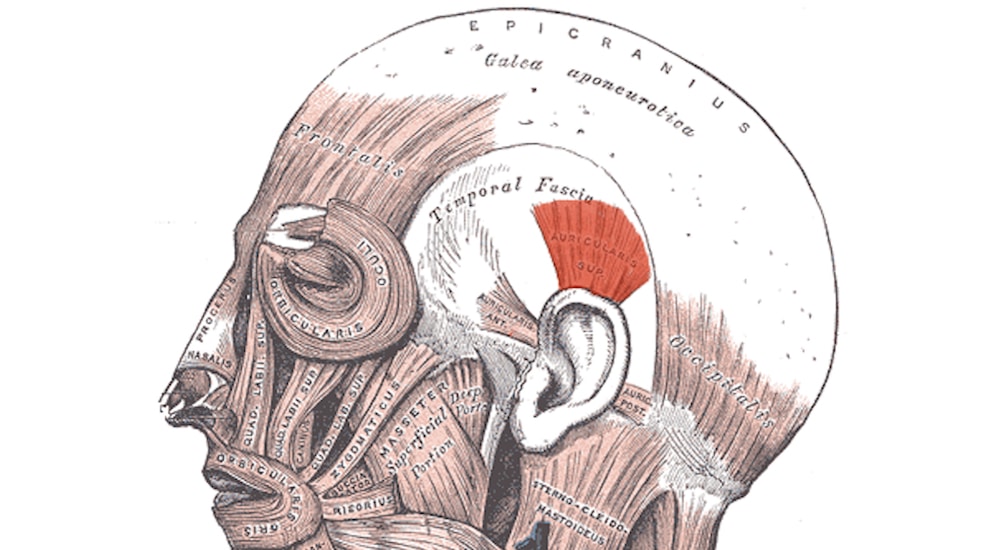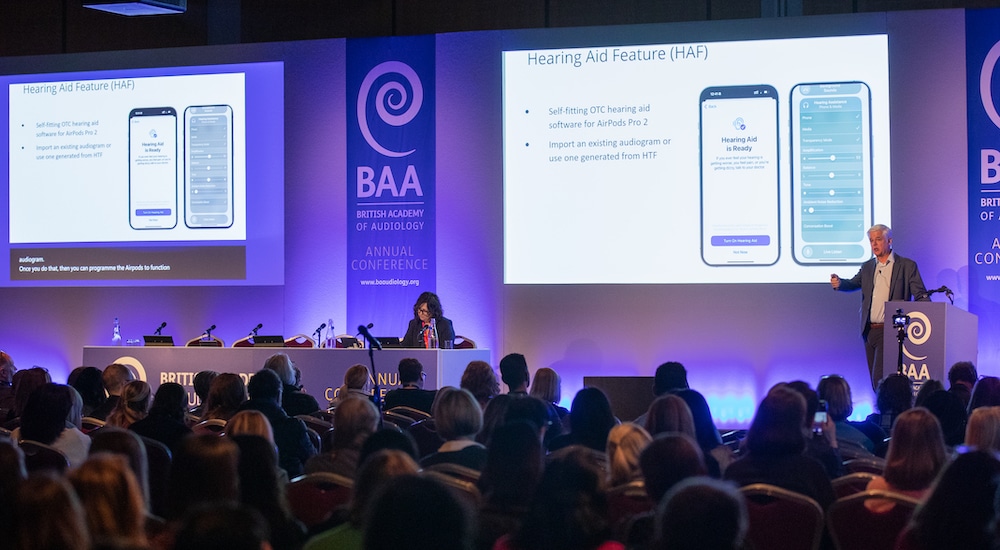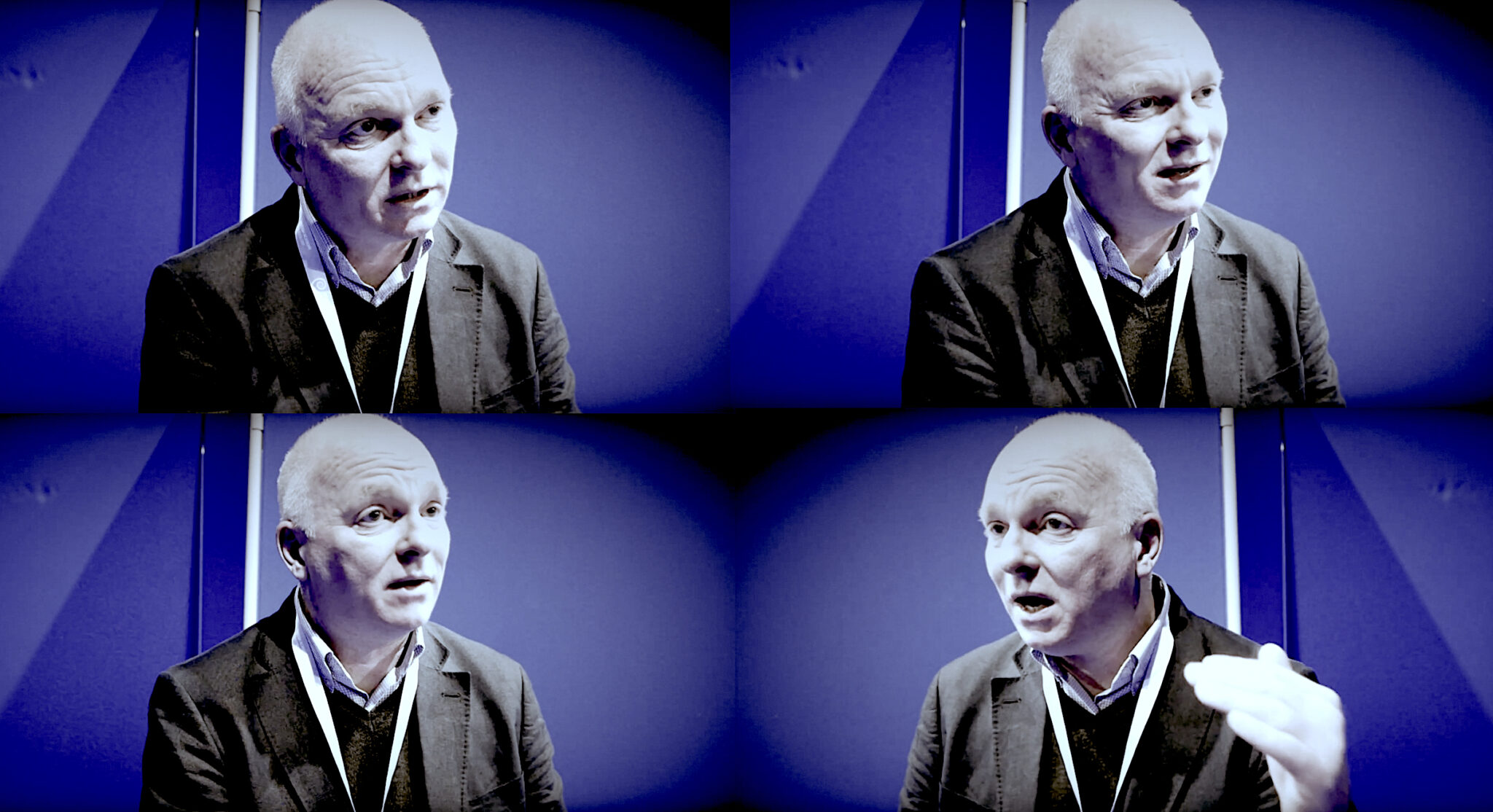Early intervention associated with better language skills
Childhood
Reuters Health recently reported on an article published in Pediatrics showing that children with permanent hearing loss (HL) may develop better language skills if they are fitted with hearing aids or cochlear implants at an early age.

To perform the prospective study, the researchers from the National Acoustic Laboratories Australian Hearing and the HEARing Cooperative Research Center examined data on language abilities at age 5 in 350 children born with permanent hearing loss who received similar interventions at different time points during their childhood. They also included a control group of 120 children.
“Access to auditory cues in speech and language paves the way for language learning,” explains lead study author Teresa Ching from the National Acoustic Laboratories in Melbourne. “The shorter the period of deprived access to sounds, which would be non-existent in the case of normal hearing, the higher the likelihood for the child with hearing loss to develop language that is on a par with his/her normal-hearing peers.”
The findings showed that the benefit of early intervention for language development increased as hearing loss increased. When hearing rehabilitation was provided to children only at age 24 months, they had poorer language outcomes than those who had amplification starting at 3 months. Interestingly, the difference in terms of outcomes was larger for 70-dB HL than for 50-dB HL.
Source: Reuters Health; Ching TY, et al. Age at Intervention for Permanent Hearing Loss and 5-Year Language Outcomes. Pediatrics 2017 Aug.


